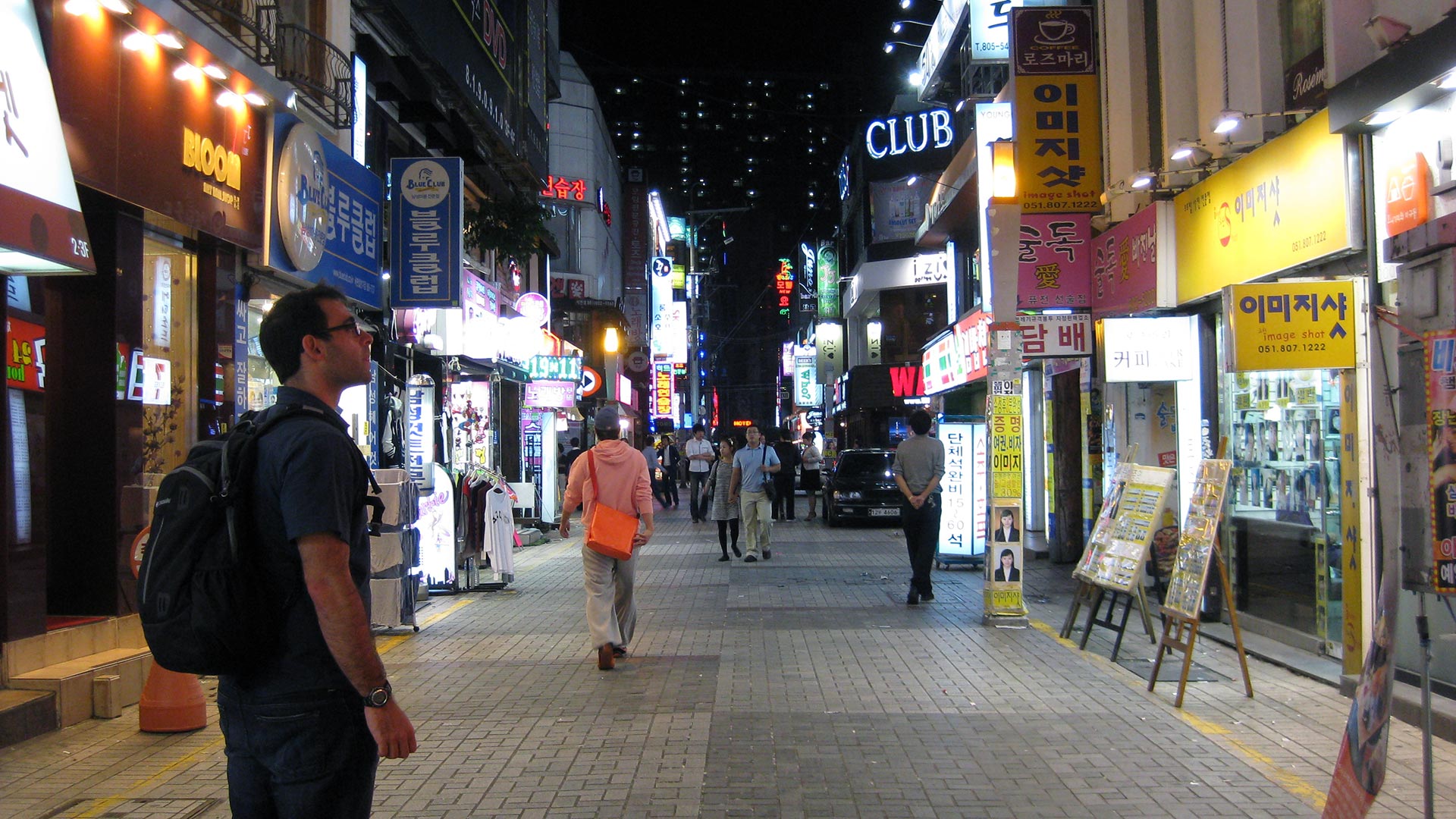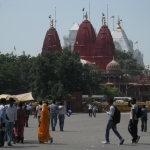Most of us have probably heard the term digital nomad by now. You may be thinking, oh, those jerks filling my Instagram feed with pictures of their amazing lives? Thanks for constantly making me feel inferior to you. Others may be inspired in a voyeuristic sort of way. I suspect most, however, don’t understand it at all.
I have relatively early experience with this lifestyle, having traveled extensively between 2009 and 2014. This was before I ever heard the term digital nomad. The term I used at the time was vagabonding, taken from a 2002 book by the same name. Although stories of my travels pepper much of my writing (and many of this site’s photos are mined from my own bottomless travel photo archive) I have tried, and failed numerous times, to pointedly and extensively write about it—beyond an embarrassing blog I kept at the time.
Don’t bother looking for it. It’s been consigned to oblivion.
But today, I feel a need for old hands to weigh in. Big changes are happening as the movement matures. Some veteran nomads are hyping this lifestyle far beyond the small pool of people truly suited to it. Conversely, others are coming out of the woodwork with tepid postmortems on their own experiences, seemingly disparaging the whole enterprise. Information is being spread at both ends of the spectrum that, while expressing many truths, presents a distorted bigger picture.
In the midst of this confusion, I fear that commentators (and some nomads themselves) don’t truly understand where the impetus to pursue this lifestyle comes from. They view it as an end unto itself. As such, it’s understandable if it seems rather purposeless to many of them. I would argue, however, that the nomadic lifestyle is actually a means of getting somewhere else.
It’s all about the journey, as the saying goes.
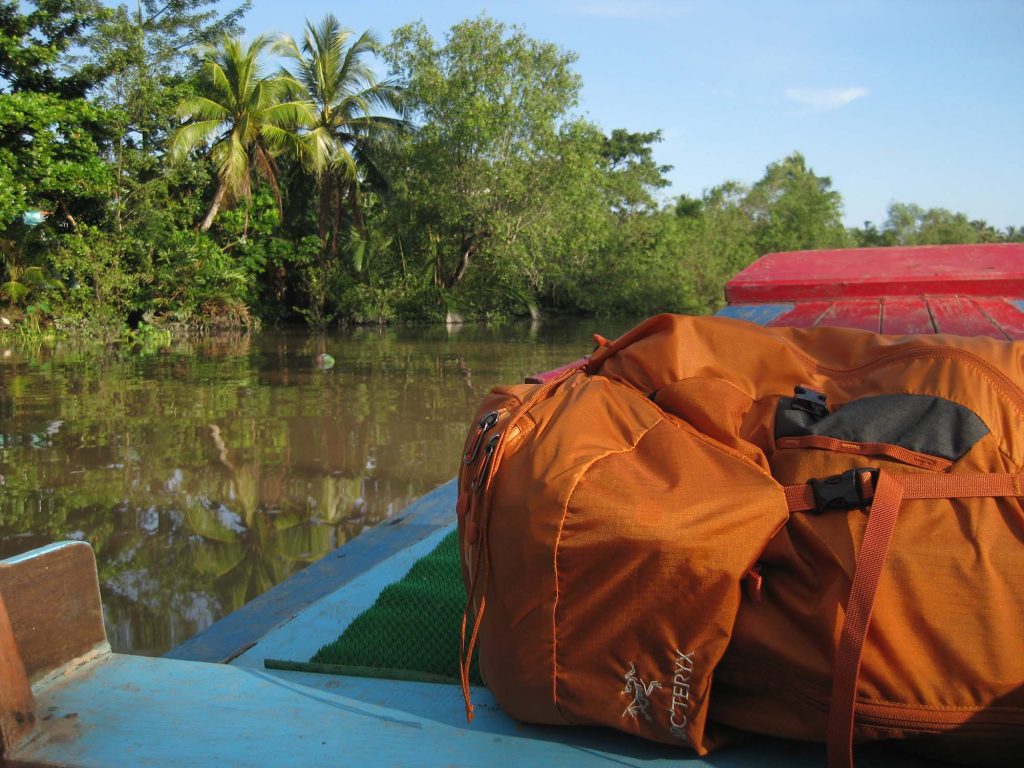
What is a digital nomad?
A digital nomad is an individual who makes a living remotely and chooses to do so from no one fixed location—most often living abroad where the cost of living is significantly less than his or her country of origin. This is a relatively new lifestyle made possible by the internet economy.
Digital nomads come from many backgrounds seeking different things, but you’ll find that most are young people in search of an alternative way of living. It’s the counterculture of the new millennium.
And just like the U.S. counterculture of the 1960’s and 70’s, things are becoming messy as it gains mainstream awareness.
Profit, aging, and disillusion
Some veteran digital nomads have begun profiting from this movement in a very meta way: they’re fueling their own continued nomadic lifestyles by selling the next wave of nomads on how to follow in their footsteps. In other words, their location independent businesses are focused on helping others become location independent themselves. I won’t name and shame: a quick Google search will unearth many of them.
The more honest of these profiteers may believe they’re helping people realize their dreams, but what they’re actually selling is at best their own personal perspective of the digital nomad lifestyle, and at worst a complete distortion of the reality. Often, the sell is somewhere in the middle—valuable life truths suffused with lies of omission (purposeful or otherwise).
Other veteran nomads simply age out of the lifestyle and write on their experiences. They read like carbon copies of one another: “This was the greatest thing I’ve ever done, but…” But loneliness. But lack of a home. But constant goodbyes.
The digital nomad movement has matured to the point of disillusion.
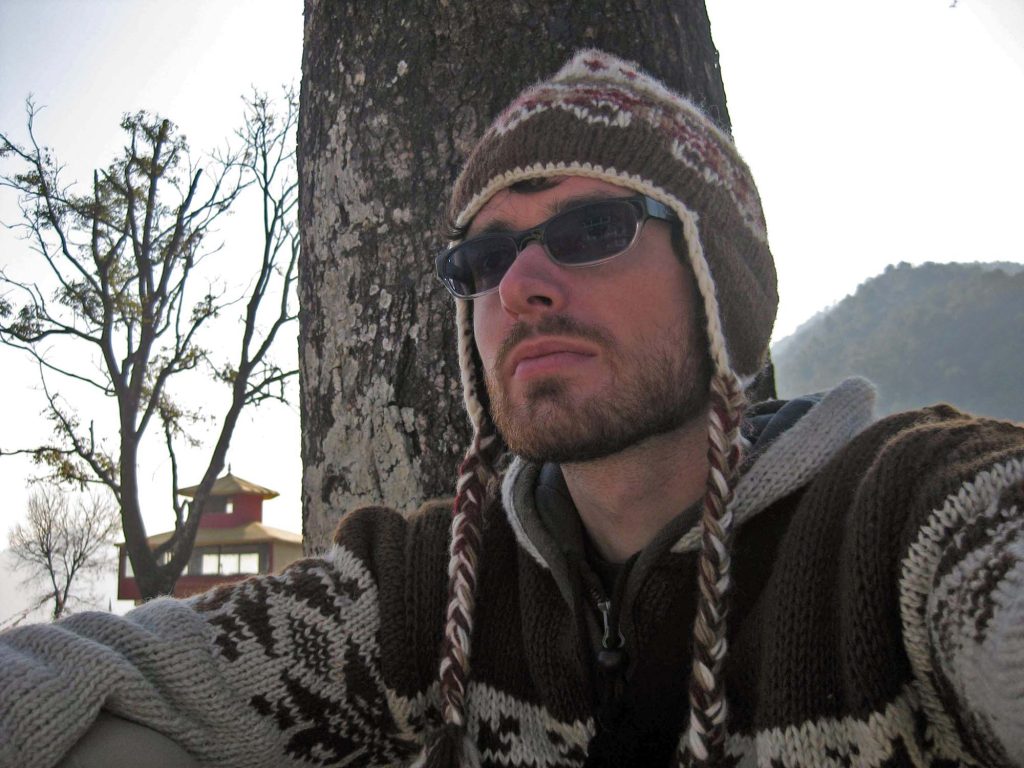
Here are the regrets of Stephanie Lee. Here’s Matt Karsten deciding to settle down a little bit. And here’s some investigative journalism from Outside Magazine. All written within the last year. Perhaps it’s a sobering response to the profiteering fantasy pushers. Mission accomplished.
It’s not that they’re wrong, but look: this lifestyle was never meant for everyone. The blow back was inevitable. But the opposing messages being peddled—live a life of constant adventure versus think twice before following the foibles of these exhausted, broke, and alone young people—misses the mark entirely.
The truth, as it so often is, lies in the middle.
My story
I grew up very middle class. I didn’t have everything I wanted, but I had far more than I needed. My family loved me.
I went to college, got a good education, and jumped straight into the job market. I was making good money from the start. With the exception of big coast-to-coast moves, the first five years of my career were fairly predictable.
I did everything that was expected of me: I studied hard, got good grades, entered a good career path, was financially responsible and self-sufficient, and generally did a decent job of adulting.
And yet, I was unhappy.
Something was wrong on a very fundamental level.
I was unhappy in a way I couldn’t describe. It wasn’t any particular thing; it was everything. Something was wrong on a very fundamental level. But for the life of me, I couldn’t tell you what.
When the facade began falling apart, it fell apart quickly.
I first did something entirely unexpected in 2009 when I had two weeks between jobs, got really drunk, and woke up to find that I had purchased a plane ticket to Tokyo. I met someone there who changed my life. She was a consummate free spirit, which exhibited itself in all facets of her life, including travel.
A seed had been planted.
Less than a year later, I would find myself at a Bangkok hostel on a short vacation from work. I was drinking Chang with some new friends on that most famous of Thai holidays, St. Patrick’s Day. While I was sitting there, a conversation splintered off that I eavesdropped on: several of them were discussing where they were going next.
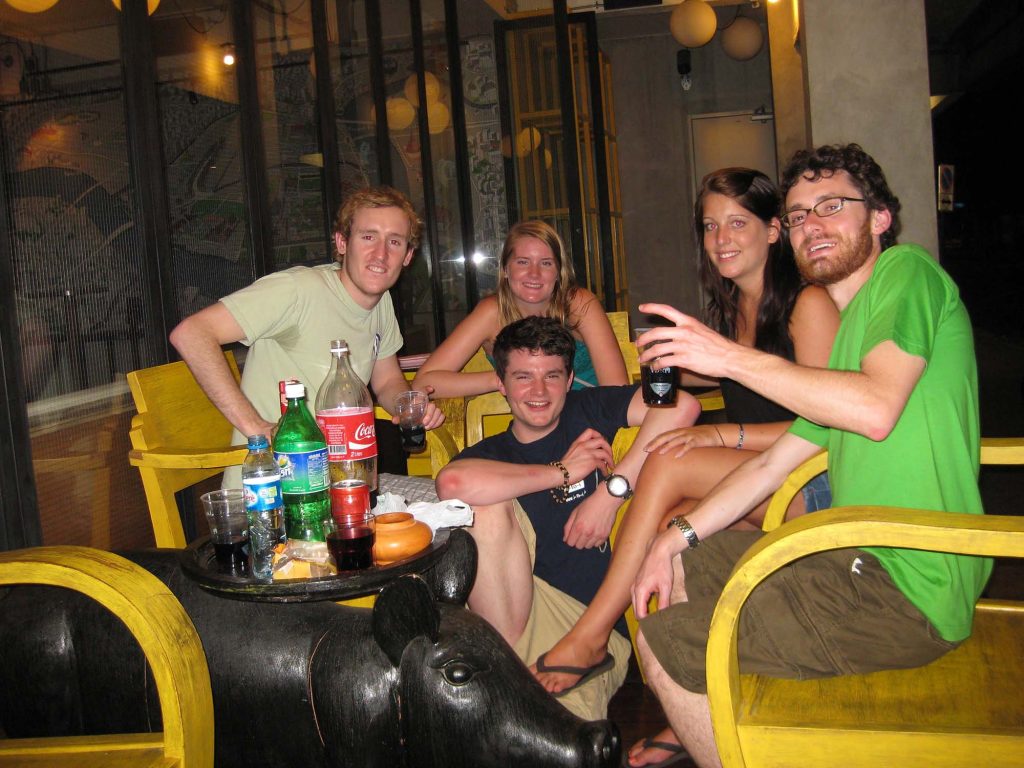
It’s like it happened in slow motion. Dominoes were falling in my head. Finally, I put it all together into coherent thoughts. I realized, my god, these people came here with no plan whatsoever. They’re making it up right in front of me.
And I knew, in that moment, that I had found my people.
The allure of what they had—that kind of unscripted, unpredictable, open-ended adventure—was irresistible.
The allure of what they had—that kind of unscripted, unpredictable, open-ended adventure—was irresistible. It was the antithesis of the life I had been living. I felt in my soul that it was just the medicine I needed.
Before I sat down for that beer, my life could have gone in another direction. But by the time I got up again, I didn’t really have a choice. Fortune played its part: I would soon be laid off from my job, giving me just the push out the door I needed. If I’m being honest, though, I would have quit that job anyway. There’s no stopping an avalanche.
I sold the clutter of my old life and bought a backpack and a one-way ticket to Korea. I didn’t come back for one year. 18 countries—no itinerary.
A course correction
That year was many things: wondrous, maddening, exhausting, inspiring, lonely, demanding, relaxing, unforgettable, and long—so very long. From the-blog-that-was:
Here at the end, I feel very, very old. The bent-backed grey-haired man shuffling around in my brain is looking for more space on the walls to hang up pictures and he can’t find any.
I embraced many opportunities and experienced so much. I learned more in that year than I’ll ever learn in another. But I was also young and foolish. I was brimming with prejudice and impatience, and took much for granted.
I never ended up fitting the general conception of what a digital nomad is. I freelanced very little. But I did volunteer for several months in Nepal, where my expenses were minimal. I also spent the last several months staying put in Vietnam, where cost of living for a Westerner is laughable. As it was, it would not have been sustainable beyond a few years, but it was a nomadic lifestyle that I could have iterated upon if I had chosen to do so.
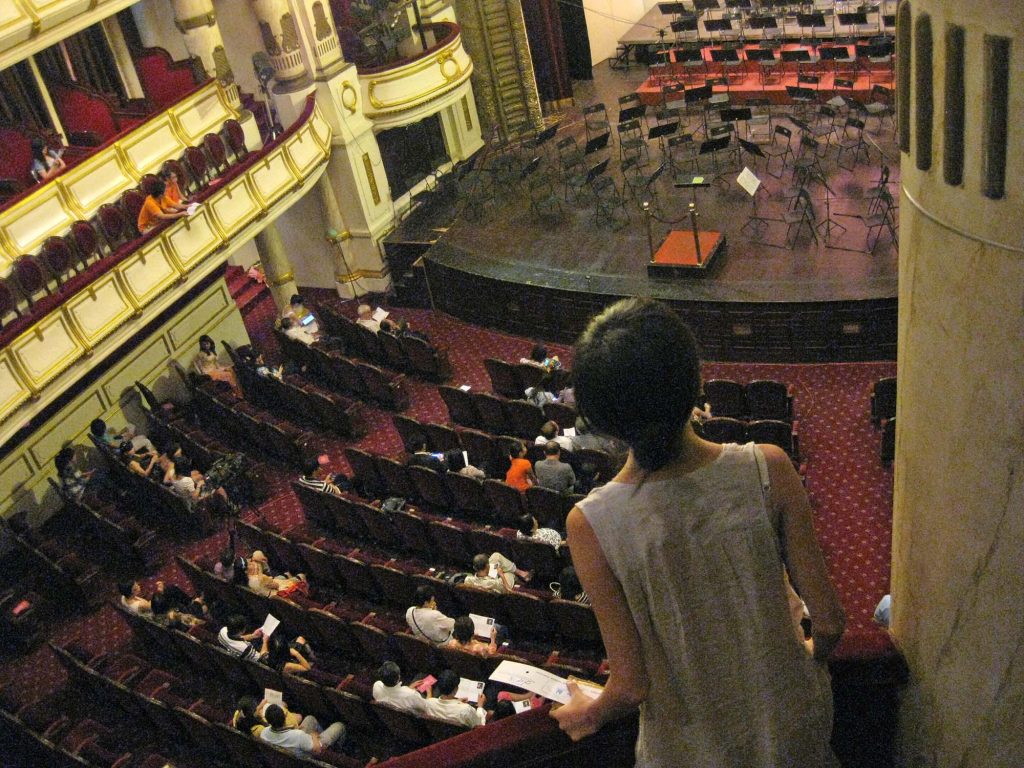
It was the hardest thing I’ve ever done. Anyone who tells you it will be otherwise is lying. You will face hardships you can’t anticipate or imagine. This lifestyle may break you. It almost broke me on more than one occasion.
But here’s what I’m not going to do: I’m not going to express any regrets or misgivings about having done it.
What the obituary writers fail to understand is that this lifestyle is a journey, not a destination. If you already knew at the beginning what you’d learned at the end, of course you’d do things differently. Perhaps you’d have foregone the experience entirely.
It’s all about the journey. It can’t be read in a book or a blog entry; intellectual knowledge only penetrates so deep. It has to be experienced. Every last folly.
I’m not going to express any regrets or misgivings about having done it.
I’m tired of reading about how lonely this lifestyle is, or how you’ll come to want a home before long. That’s not revelatory anymore, and frankly, you’re robbing a whole generation of young people from discovering their values for themselves.
I didn’t understand the culture I came from. I didn’t understand the values shared by my family, friends, and community. I jettisoned all of it dispassionately, because, why not? That’s what one does with things we don’t value: we throw them away. Only in hindsight did I comprehend that there was hidden wisdom in that action.
Before I donned my backpack, I didn’t value having a home. I’d always had one, and I didn’t know its lack. But having chosen to live so long without one, I came to realize that I wanted a home more than almost anything else. I couldn’t have arrived at that realization entrenched in my former life, nor could I have come around to it through secondhand information. I had to experience the lack of a home in a very profound way.
I firmly believe that this lifestyle is a course correction for many of us. There’s something lacking in the cultures we come from—something we didn’t get. Traipsing off to become a digital nomad may be, at first, an act of rebellion. That was certainly the case for me. But what it becomes from there?
That’s where the magic happens.
Embrace the journey
The worthiness of this lifestyle is in the changes engendered by facing its difficulties. Whether you overcome them or not is beside the point. The important thing is that you test your strength and question your values. The transformation you undergo in that process is your true reward—much more so than discovering that pristine beach on the other side of the world and finding a way to turn a buck while laying on it.
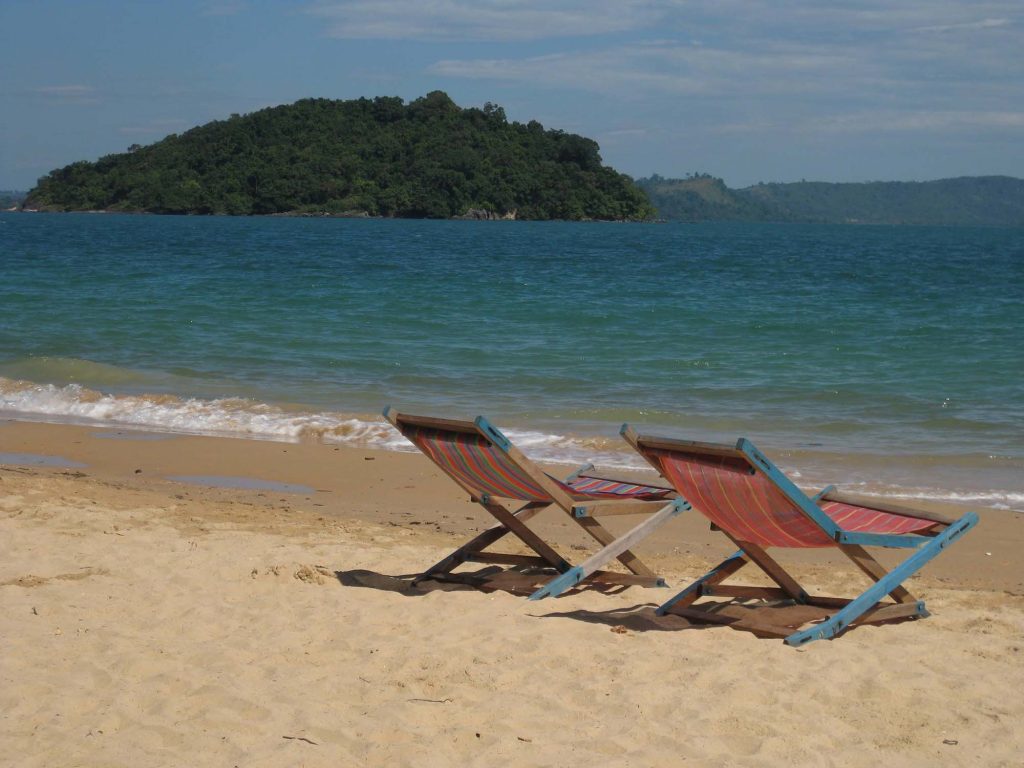
I feel fortunate that I discovered this lifestyle early on, before it became so commodified, idealized, and written about. I found it by meeting those who were living it, which gave me greater latitude to develop my own feelings about it.
Those following that path today have so much noise to filter through, and almost everyone pushing an agenda. Whether it’s the former nomads deterring you from the very difficulties that make the journey so enriching, or the journalists painting a bleak portrait of wasted youth, or the profiteers showing you how to make the good times last indefinitely, it’s becoming harder to know which way is up.
To all of these people, I have a simple message: you’re kind of ruining this lifestyle and I think you should stop.
The worthiness of this lifestyle is in the changes engendered by facing its difficulties.
Let those who truly need this lifestyle find it on their own. Lest I be accused of gatekeeping, know that that is not my intention here. There’s a big difference between selling this lifestyle for your own profit as opposed to speaking openly with those who already possess a genuine interest. I’m arguing for the latter. Most people don’t need this lifestyle. Most people aren’t suited for it. Selling it to all and sundry does many people a disservice.
Let them make mistakes. You’ve made yours, and whether you’ve admitted it to yourself or not, you’re better for having gone through it. Don’t take that away from the next wave of nomads. This is supposed to be an adventure; that’s why most of us embarked on this. The safety rails you’re erecting are contrary to the whole purpose.
Finally, don’t contribute any more to a generational divide that’s already too big. These are predominately young people. They’re still figuring life out. Let them earn their maturity by working their way through these things that must be experienced, not read about.
Vagabonding—digital nomad—whatever you call it, it’s a journey, not a destination. It’s a path one follows when other paths seem like dead ends. But it doesn’t last—nor should it. Like a tributary feeding into a river, you’re swept onward to a bigger world.
